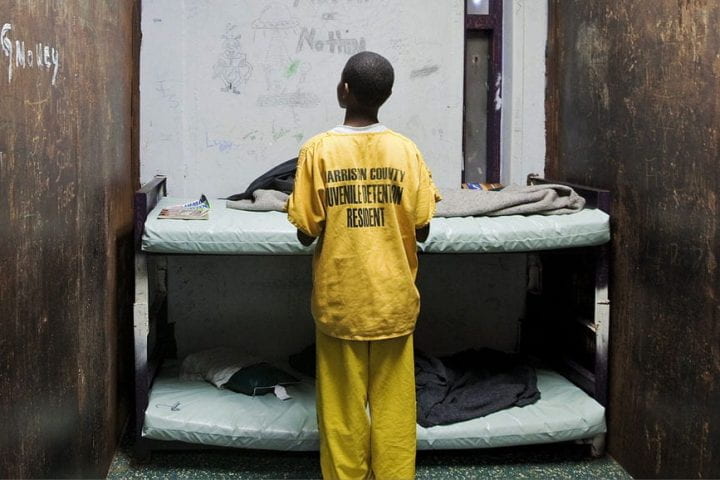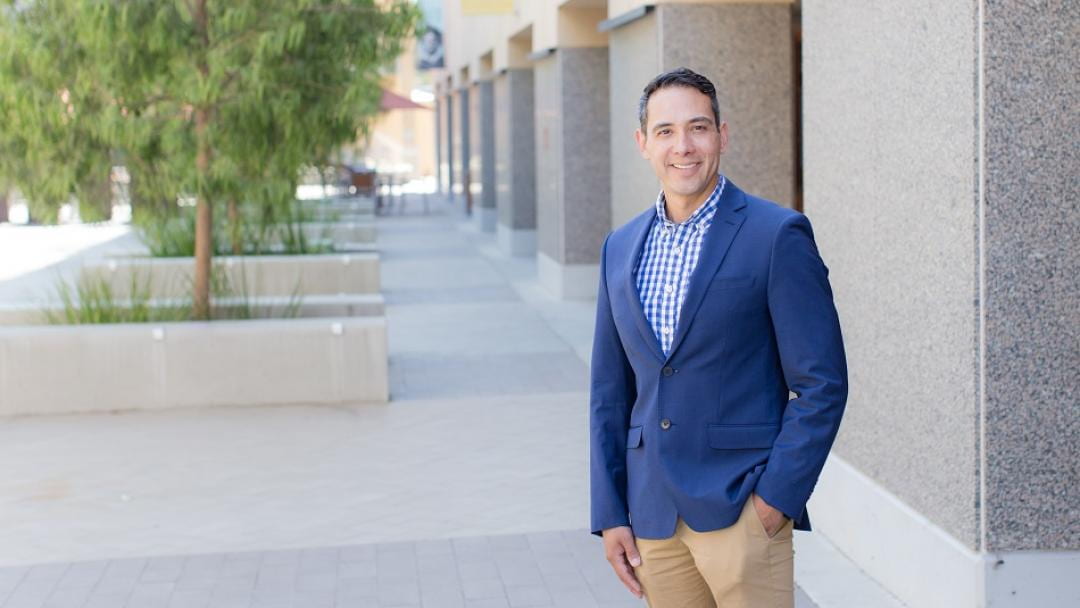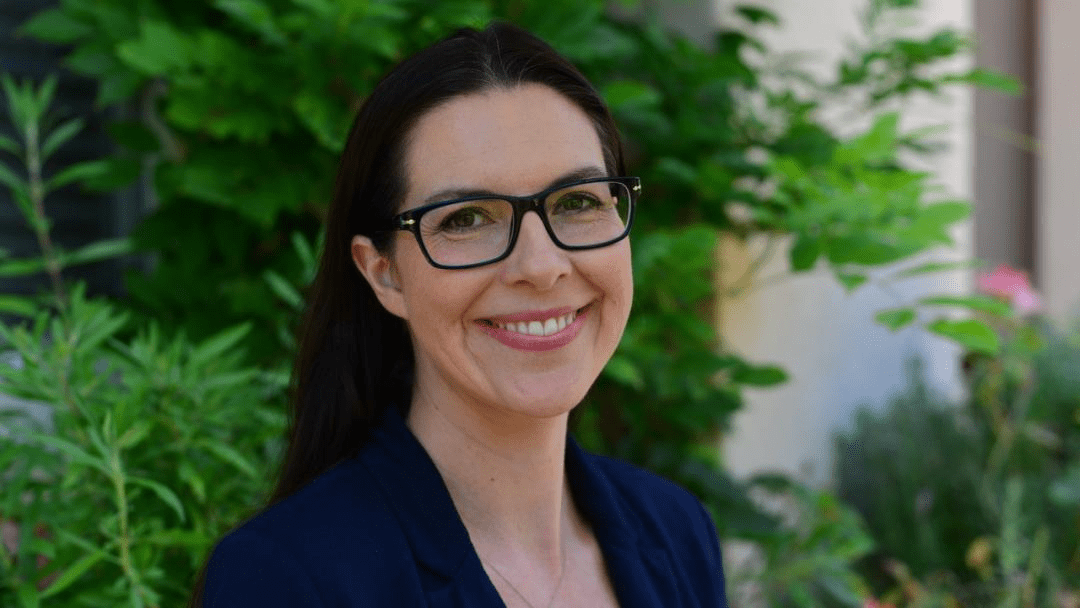UCI professor studies juvenile crime
Elizabeth Cauffman’s research on adolescent development has influenced public policy on youth offenders.

How do you determine whether children who commit horrible crimes should be tried as adults? Can youth offenders be rehabilitated? These questions drive Elizabeth Cauffman, UC Irvine associate professor of psychology & social behavior.
In this video, she discusses the role her research has played in changing public policy on underage offenders. The U.S. Supreme Court considered Cauffman’s work when it abolished the juvenile death penalty in 2005. Last year, the justices also struck down life sentences without the possibility of parole in non-homicide cases involving youth offenders.
“Adolescents’ legal rights should be determined by evidence-based research on psychological and emotional development,” Cauffman says. “Recent advances in neuroscience show that the brain continues to develop up until the age of 25, specifically the area responsible for impulse control.”
She’s currently using $3.3 million from the MacArthur Foundation and $500,000 from the federal Office of Juvenile Justice & Delinquency Prevention to evaluate juvenile cases – based on her previous research on adolescent development – and determine which offenders to channel into the justice system and which to divert from formal processing.
The study’s goal is to establish guidelines for juvenile justice professionals that best serve the interests of the community, taxpayers and delinquent youths.


